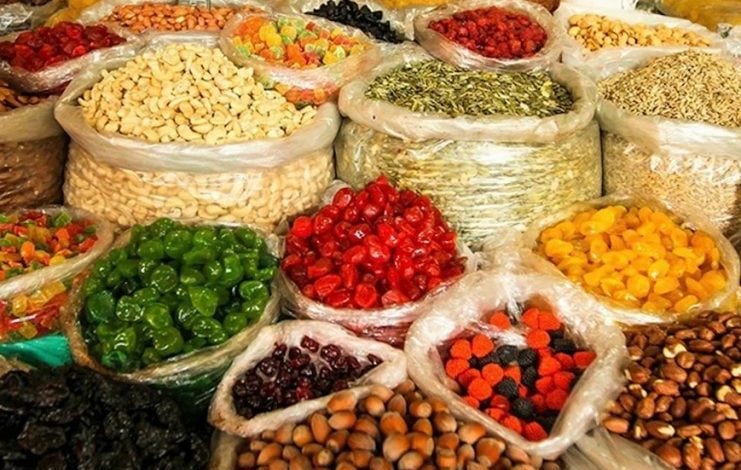Six months later, Nigeria’s food prices remain high despite government promises

On Monday, January 7, 2025, it was exactly 180 days since the Nigerian government pledged to tackle high food prices, but citizens are still waiting for the promised changes.
Back in July 2024, the government unveiled a set of measures aimed at reducing the cost of food. The Minister of Agriculture and Food Security, Abubakar Kyari, shared the plans on his verified social media accounts, announcing a 150-day Duty-Free import window for essential food items like maize, rice, wheat, and cowpea. This initiative was expected to reduce food prices by suspending duties, taxes, and tariffs on these imports.
“Our administration has unveiled a series of strategic measures aimed at addressing the high food prices currently affecting our nation. These measures will be implemented over the next 180 days,” said Kyari.
But despite the government’s efforts, food inflation has continued to rise. As of January 7, 2025, the 180-day period had ended without significant relief for Nigerians. In fact, the latest reports from the National Bureau of Statistics (NBS) showed food inflation was at 39.93 percent in November 2024, higher than the 34.60 percent inflation rate in the same month of 2023.
Food prices have remained high, with staples like garri, yam, and groundnut oil continuing to rise. Even as the government aimed to reduce food inflation, citizens are still struggling to make ends meet.
President Bola Tinubu recently acknowledged the persistent inflation in his New Year message to Nigerians. He promised that his government would work to lower inflation to 15 percent by 2025, with plans to boost local food production and reduce reliance on imports.
“We are resolute in our ambition to reduce inflation from its current high of 34.6 percent to 15 percent. With diligent work and God’s help, we will achieve this goal and provide relief to all our people,” Tinubu stated.
Experts have raised concerns about the government’s approach. Gbolade Idakolo, CEO of SD & D Capital Management, explained that the 150-day tariff-free policy had failed due to bureaucratic challenges. He believes the policy needed a longer implementation period—at least two years—to have a real impact.
“The government needs to walk the talk if we are serious about bringing down food inflation,” Idakolo said.
Economist Dr. Samson Simon also criticized the government’s handling of food insecurity. He noted that food prices have continued to climb and that agriculture hasn’t been prioritized despite its importance to the country.
“Virtually everything that they have done, nothing has moved a little; food inflation has been climbing unabated. Nigerians are going hungry,” Simon said. He pointed out that insecurity has made it harder for farmers to access their land, further exacerbating the food crisis.
To make real progress, Simon suggested that a quarter of the national budget should be allocated to agriculture, with a focus on mechanization, research, and securing farmland for farmers.
While the government has promised to address food inflation, it is clear that more needs to be done to make food affordable for Nigerians and ensure a secure food future for the country.





